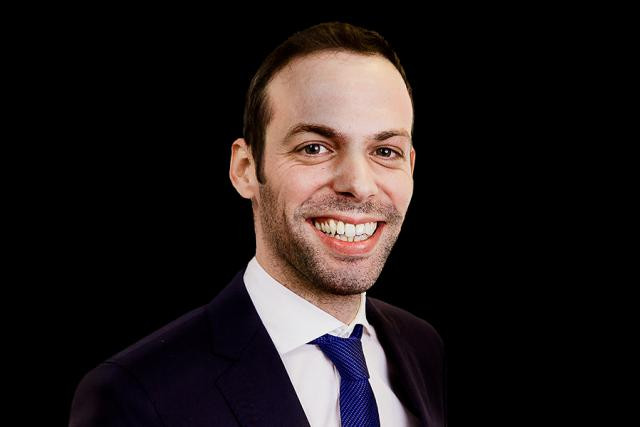At the end of last year, 3C Payment launched 3C TechLab, its new fintech company based in the vibrant city of Porto with strategic investment from 3C Payment. This new business will act as an innovation incubator for both payment and non-payment solutions.
Being integrated in the 3C Payment group brings many advantages for a young fintech startup such as 3C TechLab. To start with we can leverage the experience, expertise and proven methodologies within the payments industry; an industry in which 3C is already well-established.
3C Payment being an organisation with 30 plus years in this industry helps us in training and educating highly technical IT people towards the payments mindset, and through our collaboration can be managed at a fast pace. Also, we actively work with 3C Payment to integrate its vision in respect to HR, finance, methodologies and knowledge, enabling us to have extremely high standards as a startup. Furthermore, this allows the 3C TechLab workforce to feel very secure and happy to collaborate with such a robust organisation.
Porto is a modern city which boasts state-of-the-art network connections, developing infrastructure and a great quality of life. It is also a city with a very young population, boasting 4 of the top 5 IT universities in Portugal with campuses in or around Porto. Every year thousands of well-educated millennials enter the market and many IT organisations which are now developing a booming IT industry in the town.
3C TechLab has agreements with several universities in Portugal and we plan to continually board new graduates to work with us. The new millennial generation has a different mindset towards payments, they challenge the establishment and produce new ideas that correlate to their vision of the world and how it should work.
Web payments must adapt themselves in the future to be frictionless.
Tiago Lima, Managing director (3C TechLab)
3C Payment benefits immensely from having these young professionals on board. Firstly, these new ideas are being validated & tested and developed into new products in order to help bring new business and new segments to the organisation. Secondly, 3C Payment can leverage the fintech startups to explore those market and segments without interfering with the normal day-to-day business that comes from being a world market leader payment service provider.
Another benefit for 3C Payment in having its own fintech comes from the unique position that a payment service provider has within the payments value chain. Because we establish a bridge between merchants and acquirers, we are confronted on a daily basis with different opportunities which, via 3C TechLab, can quickly be tested, validated and productised, expanding even further the 3C group’s reach.
I love to think and work in innovative and disruptive solutions. If we take as an example blockchain and the new European directive PSD2, we see that fintech are increasingly challenging the status quo of the traditional banking, and in my opinion, there is room for both worlds to co-exist and benefit from each other. Blockchain for example is now being redesigned for more traditional banking, to benefit the end consumer, and in 2018 with the adoption of PSD2 we will see a marked increase in customer to customer solutions and personalised financial aggregators.
The world now expects that payments simply exist with no frills and must remain secure and resilient and it’s our challenge to design solutions that maintain that balance between fulfilling basic customer requirements but also offer innovative trending technology.
Also, with the internet of things, web payments must adapt themselves in the future to be frictionless and this means that we need to rethink the concept of having physical interaction points and rely even more on data to execute the payment. This year at 3C TechLab, we are focusing our efforts in digital, frictionless payments and smart data.
This is a personalised world, we see it every day across multiple markets. But for the organisations to tackle these problems, they need to produce or buy smart data. Nowadays the problem is not to access data, it’s everywhere, but how to access smart and meaningful data that translates into organisations having better knowledge of their customers and ultimately designing more targeted solutions and better marketing of their products.
Business intelligence and machine learning play a crucial role in this equation and the payments industry undoubtedly has decades of relevant data to work with.
